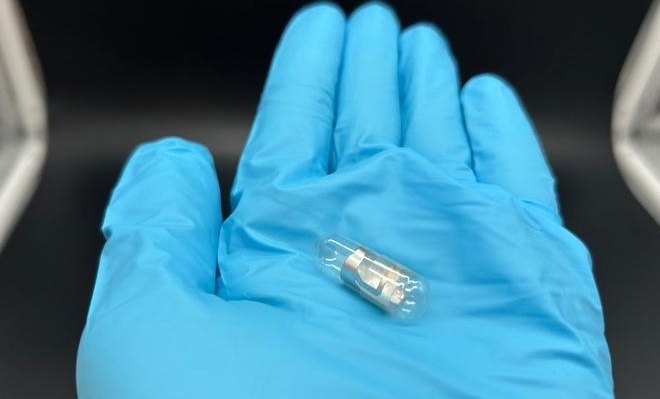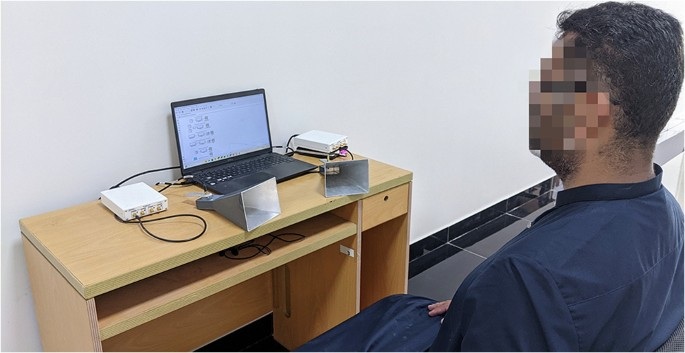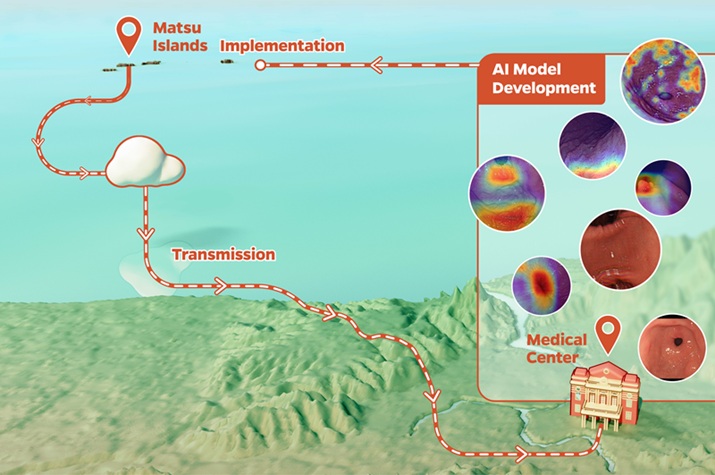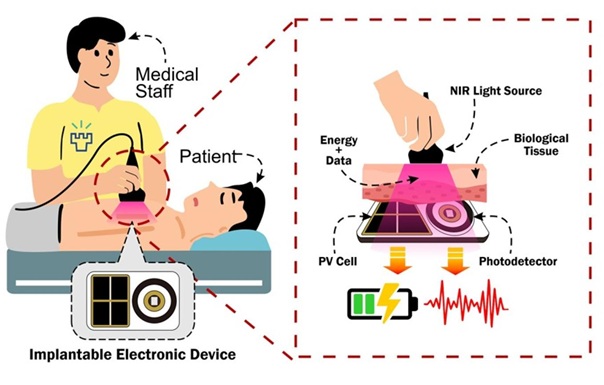New High-Throughput RT-PCR Testing System for SARS-CoV-2 Can Process Up to 35,000 Tests per Day
|
By HospiMedica International staff writers Posted on 01 Dec 2020 |
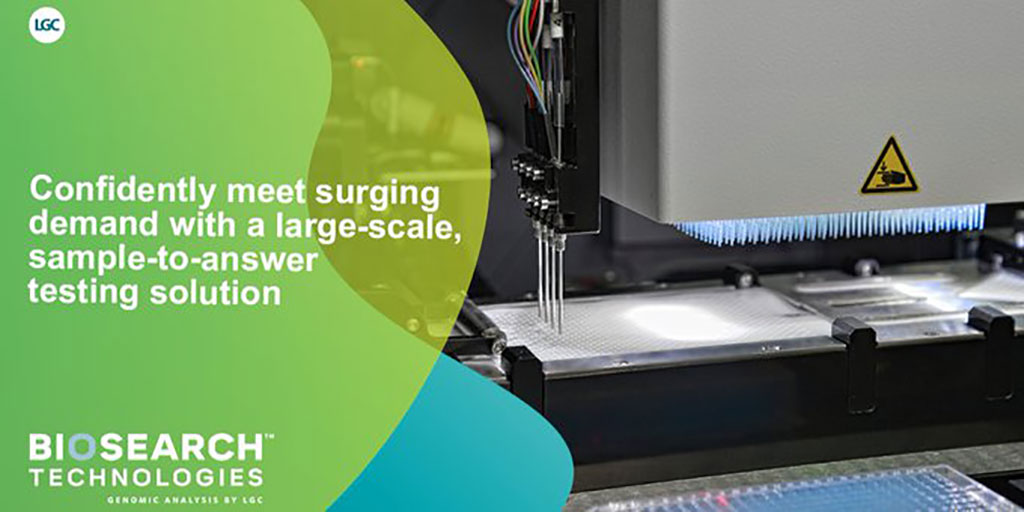
Illustration
Testing labs can now leverage a new high-throughput (HTP) RT-PCR testing system for SARS-CoV-2 that can expand capacity by running up to 35,000 tests per day.
LGC Genomics (Middlesex, UK) has submitted its HTP RT-PCR testing system for SARS-CoV-2 to the FDA for Emergency Use Authorization (EUA). As the need for SARS-CoV-2 testing continues to grow for both diagnostic and screening applications, many organizations are looking to expand or create testing capacity. For existing diagnostic labs, limited supplies of instruments, reagents and laboratory technologists make getting high volumes of testing done in a timely manner challenging.
With the HTP RT-PCR testing system for SARS-CoV-2, EUA request submitted, testing labs can leverage LGC's expertise in automated sample preparation and RT-PCR workflows in a ready-to-deploy sample-to-answer solution. LGC’s SARS-CoV-2 testing workflow is an optimized hardware, reagents, consumables, and software bundle that includes the high-throughput oKtopure automated nucleic acid extraction system, the footprint-friendly IntelliQube (qPCR) and Hydrocycler2 (end-point PCR) platforms, Biosearch Technologies’ validated SARS-CoV-2 reagents, enzymes, and probe and primer sets, and UgenTec’s AI-powered workflow automation, PCR analysis and reporting software. Testing capacity can be expanded from hundreds or thousands of samples to as many as 35,000 samples per day with minimal need for additional staff, instrumentation, or lab space.
"Limited supplies of instruments, reagents and laboratory technicians have made it challenging to deliver high volumes of testing in a timely manner," said Mark Dearden, Managing Director, LGC Genomics. "The creation of new facilities and conversion of research labs into testing labs introduces the complexities of creating new, regulatory-compliant workflows. Our solution can enhance testing strategies and ramp up throughput of testing per day. If used widely, our ability to support large-scale testing could lead to enhanced management of virus response, which ultimately could unlock safe returns to work and get economies moving once again."
Related Links:
LGC Genomics
LGC Genomics (Middlesex, UK) has submitted its HTP RT-PCR testing system for SARS-CoV-2 to the FDA for Emergency Use Authorization (EUA). As the need for SARS-CoV-2 testing continues to grow for both diagnostic and screening applications, many organizations are looking to expand or create testing capacity. For existing diagnostic labs, limited supplies of instruments, reagents and laboratory technologists make getting high volumes of testing done in a timely manner challenging.
With the HTP RT-PCR testing system for SARS-CoV-2, EUA request submitted, testing labs can leverage LGC's expertise in automated sample preparation and RT-PCR workflows in a ready-to-deploy sample-to-answer solution. LGC’s SARS-CoV-2 testing workflow is an optimized hardware, reagents, consumables, and software bundle that includes the high-throughput oKtopure automated nucleic acid extraction system, the footprint-friendly IntelliQube (qPCR) and Hydrocycler2 (end-point PCR) platforms, Biosearch Technologies’ validated SARS-CoV-2 reagents, enzymes, and probe and primer sets, and UgenTec’s AI-powered workflow automation, PCR analysis and reporting software. Testing capacity can be expanded from hundreds or thousands of samples to as many as 35,000 samples per day with minimal need for additional staff, instrumentation, or lab space.
"Limited supplies of instruments, reagents and laboratory technicians have made it challenging to deliver high volumes of testing in a timely manner," said Mark Dearden, Managing Director, LGC Genomics. "The creation of new facilities and conversion of research labs into testing labs introduces the complexities of creating new, regulatory-compliant workflows. Our solution can enhance testing strategies and ramp up throughput of testing per day. If used widely, our ability to support large-scale testing could lead to enhanced management of virus response, which ultimately could unlock safe returns to work and get economies moving once again."
Related Links:
LGC Genomics
Latest COVID-19 News
- Low-Cost System Detects SARS-CoV-2 Virus in Hospital Air Using High-Tech Bubbles
- World's First Inhalable COVID-19 Vaccine Approved in China
- COVID-19 Vaccine Patch Fights SARS-CoV-2 Variants Better than Needles
- Blood Viscosity Testing Can Predict Risk of Death in Hospitalized COVID-19 Patients
- ‘Covid Computer’ Uses AI to Detect COVID-19 from Chest CT Scans
- MRI Lung-Imaging Technique Shows Cause of Long-COVID Symptoms
- Chest CT Scans of COVID-19 Patients Could Help Distinguish Between SARS-CoV-2 Variants
- Specialized MRI Detects Lung Abnormalities in Non-Hospitalized Long COVID Patients
- AI Algorithm Identifies Hospitalized Patients at Highest Risk of Dying From COVID-19
- Sweat Sensor Detects Key Biomarkers That Provide Early Warning of COVID-19 and Flu
- Study Assesses Impact of COVID-19 on Ventilation/Perfusion Scintigraphy
- CT Imaging Study Finds Vaccination Reduces Risk of COVID-19 Associated Pulmonary Embolism
- Third Day in Hospital a ‘Tipping Point’ in Severity of COVID-19 Pneumonia
- Longer Interval Between COVID-19 Vaccines Generates Up to Nine Times as Many Antibodies
- AI Model for Monitoring COVID-19 Predicts Mortality Within First 30 Days of Admission
- AI Predicts COVID Prognosis at Near-Expert Level Based Off CT Scans
Channels
Critical Care
view channel
AI-Powered ECG Analysis Enables Early COPD Detection
Chronic obstructive pulmonary disease (COPD) is a major global cause of illness and death, yet it is often diagnosed late because early symptoms are vague and standard diagnostic tools such as spirometry... Read moreSoft Wireless Implant Treats Inflammatory Bowel Disease
Chronic inflammatory diseases such as inflammatory bowel disease (IBD) affect millions worldwide and are often managed with long-term drug therapies that can cause serious side effects. These treatments... Read moreSurgical Techniques
view channel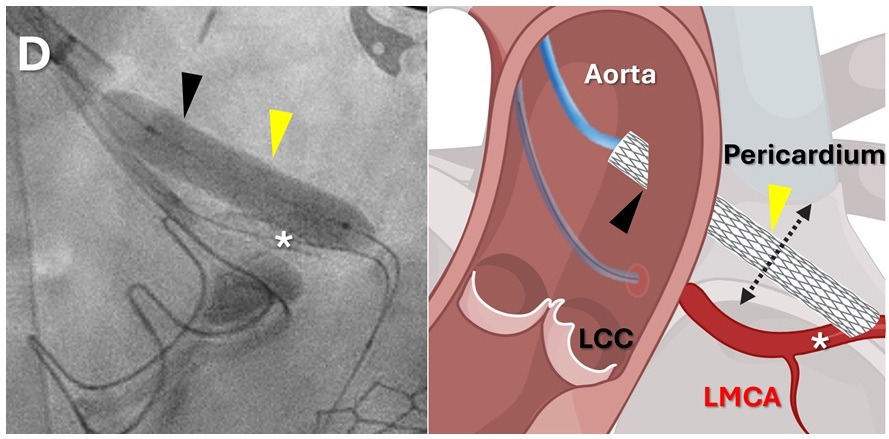
Minimally Invasive Coronary Artery Bypass Method Offers Safer Alternative to Open-Heart Surgery
Coronary artery obstruction is a rare but often fatal complication of heart-valve replacement, particularly in patients with complex anatomy or prior cardiac interventions. In such cases, traditional open-heart... Read more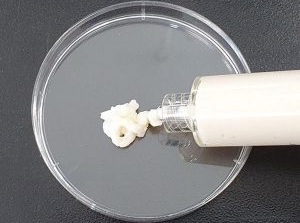
Injectable Breast ‘Implant’ Offers Alternative to Traditional Surgeries
Breast cancer surgery can require the removal of part or all of the breast, leaving patients with difficult decisions about reconstruction. Current reconstructive options often rely on prosthetic implants... Read morePatient Care
view channel
Revolutionary Automatic IV-Line Flushing Device to Enhance Infusion Care
More than 80% of in-hospital patients receive intravenous (IV) therapy. Every dose of IV medicine delivered in a small volume (<250 mL) infusion bag should be followed by subsequent flushing to ensure... Read more
VR Training Tool Combats Contamination of Portable Medical Equipment
Healthcare-associated infections (HAIs) impact one in every 31 patients, cause nearly 100,000 deaths each year, and cost USD 28.4 billion in direct medical expenses. Notably, up to 75% of these infections... Read more
Portable Biosensor Platform to Reduce Hospital-Acquired Infections
Approximately 4 million patients in the European Union acquire healthcare-associated infections (HAIs) or nosocomial infections each year, with around 37,000 deaths directly resulting from these infections,... Read moreFirst-Of-Its-Kind Portable Germicidal Light Technology Disinfects High-Touch Clinical Surfaces in Seconds
Reducing healthcare-acquired infections (HAIs) remains a pressing issue within global healthcare systems. In the United States alone, 1.7 million patients contract HAIs annually, leading to approximately... Read moreHealth IT
view channel
EMR-Based Tool Predicts Graft Failure After Kidney Transplant
Kidney transplantation offers patients with end-stage kidney disease longer survival and better quality of life than dialysis, yet graft failure remains a major challenge. Although a successful transplant... Read more
Printable Molecule-Selective Nanoparticles Enable Mass Production of Wearable Biosensors
The future of medicine is likely to focus on the personalization of healthcare—understanding exactly what an individual requires and delivering the appropriate combination of nutrients, metabolites, and... Read moreBusiness
view channel
Philips and Masimo Partner to Advance Patient Monitoring Measurement Technologies
Royal Philips (Amsterdam, Netherlands) and Masimo (Irvine, California, USA) have renewed their multi-year strategic collaboration, combining Philips’ expertise in patient monitoring with Masimo’s noninvasive... Read more
B. Braun Acquires Digital Microsurgery Company True Digital Surgery
The high-end microsurgery market in neurosurgery, spine, and ENT is undergoing a significant transformation. Traditional analog microscopes are giving way to digital exoscopes, which provide improved visualization,... Read more
CMEF 2025 to Promote Holistic and High-Quality Development of Medical and Health Industry
The 92nd China International Medical Equipment Fair (CMEF 2025) Autumn Exhibition is scheduled to be held from September 26 to 29 at the China Import and Export Fair Complex (Canton Fair Complex) in Guangzhou.... Read more













